M4 Macs, iPhone 16, and more: What Apple has planned for the rest of 2024
Apple's WWDC is only a prelude to the rest of the year. Beyond the iPhone 16, there's a lot still coming in 2024 from Apple. Here's what to expect, and when.
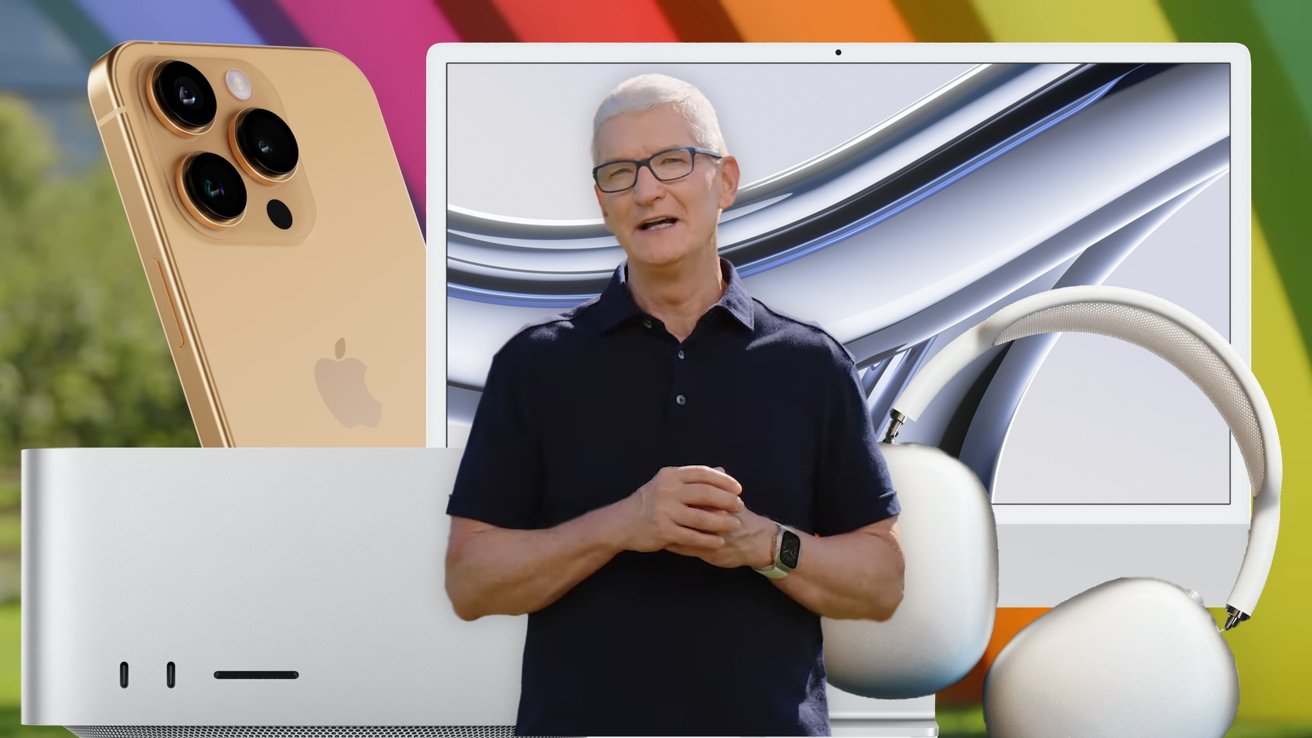
Many Apple product launches are expected by the end of 2024.
Apple is a company that likes to keep things running to a schedule. The company's calendar often features events and product launches at the same times throughout the year.
The conclusion of WWDC marks the mid-point of Apple's schedule for the year. As usual for Apple, the latter half is more fiscally important to the company, with the iPhone being a major factor to its finances.
Here's what you need to know about the last six months of 2024, and what Apple is expected to launch.
September, October
After the summer celebration of developers, Apple's main concern when it comes to scheduling is its fall event lineup.
Apple doesn't tend to hold media events in July and August. Indeed, the last time it did so was August 2007, when it launched its first aluminum iMacs.
September event is very well known, even to those who don't follow Apple closely. This is because it's the launch period for Apple's iPhone update.
Usually, the event is held in the first half of the month, and often isn't just about the iPhone. The September event has also become the venue for many other product launches, which it hopes to sell during the holiday season.
This covers pretty much all of Apple's consumer product catalog. Aside from iPhones, there's often a good chance, but no guarantee, that other things will be revealed during the presentation.

Apple's fall events are presented at Apple Park by its executives, including Tim Cook.
Apple has also gotten into the habit of holding multiple events in the fall, with an October event often following after September. It doesn't happen every year, as it was missed in 2022, 2019, 2017, and 2015 over the last decade.
The October event can usually be considered the "overflow" for the September event. Apple can choose to bump products into October if the September event has too many, or if there are production reasons for a delay.
Apple isn't beholden to just one or two events, either. For example, a third fall event occurred in November 2020, introducing its first Apple Silicon Mac models.
Then again, Apple's production was severely disrupted by the pandemic at the time, leading it to wait until October to launch its iPhone 12 updates.
While Apple is known for holding events, it doesn't necessarily have to do it for all products. For major launches, like iPhones, it's almost guaranteed, but not for everything.
If it's another product category and the changes made are slight, such as a spec-bump update to a MacBook Pro for example, it may just issue press releases about the change.
All we can safely say is that Apple will be launching iPhones this fall with a media event. For everything else, they have a good chance of being unveiled, but how and when is up to debate.
iPhone 16
Apple's September event is almost certain to be dominated by iPhone 16 news, with introductions of both the iPhone 16 and iPhone 16 Pro lines.
So far, it seems that the launch of the new models is on track for a September launch. Short of another global catastrophe, it's a pretty bankable launch.
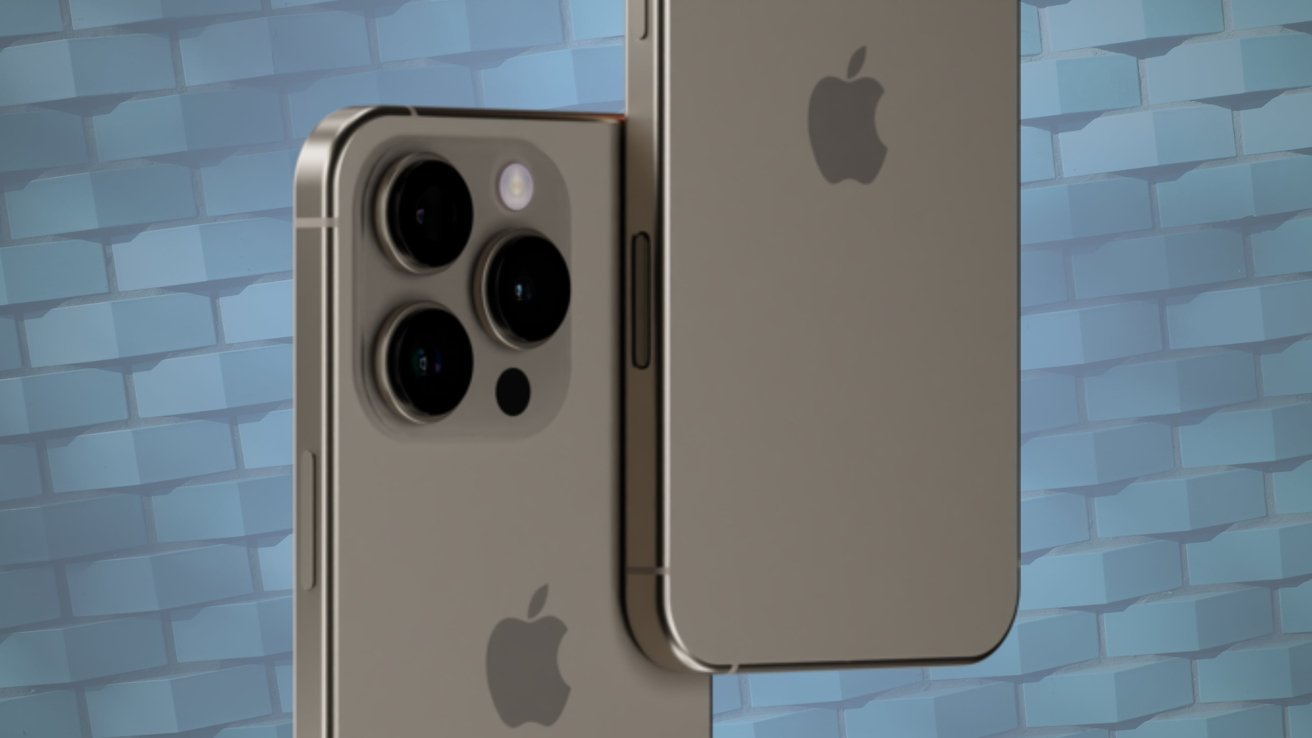
A render of what the iPhone 16 Pro could look like
The main changes to the product family will cover a few key areas, but AI is probably going to be the most important. This is demonstrated by the reaction to the introduction of Apple Intelligence during WWDC.
Other changes include the Pro lineup getting the A18 chip, display size increases, new buttons on the Pro models, and even the use of new battery technologies.
iPad
Apple didn't make any material iPad updates in 2023, which means 2024 is likely to be filled with iPad announcements. So far, that has consisted of new iPad Pro models with M4 and the M2 iPad Air, and a new Apple Pencil Pro.
That said, there's still the prospect of changes to the remaining models in the iPad range before the year is out.
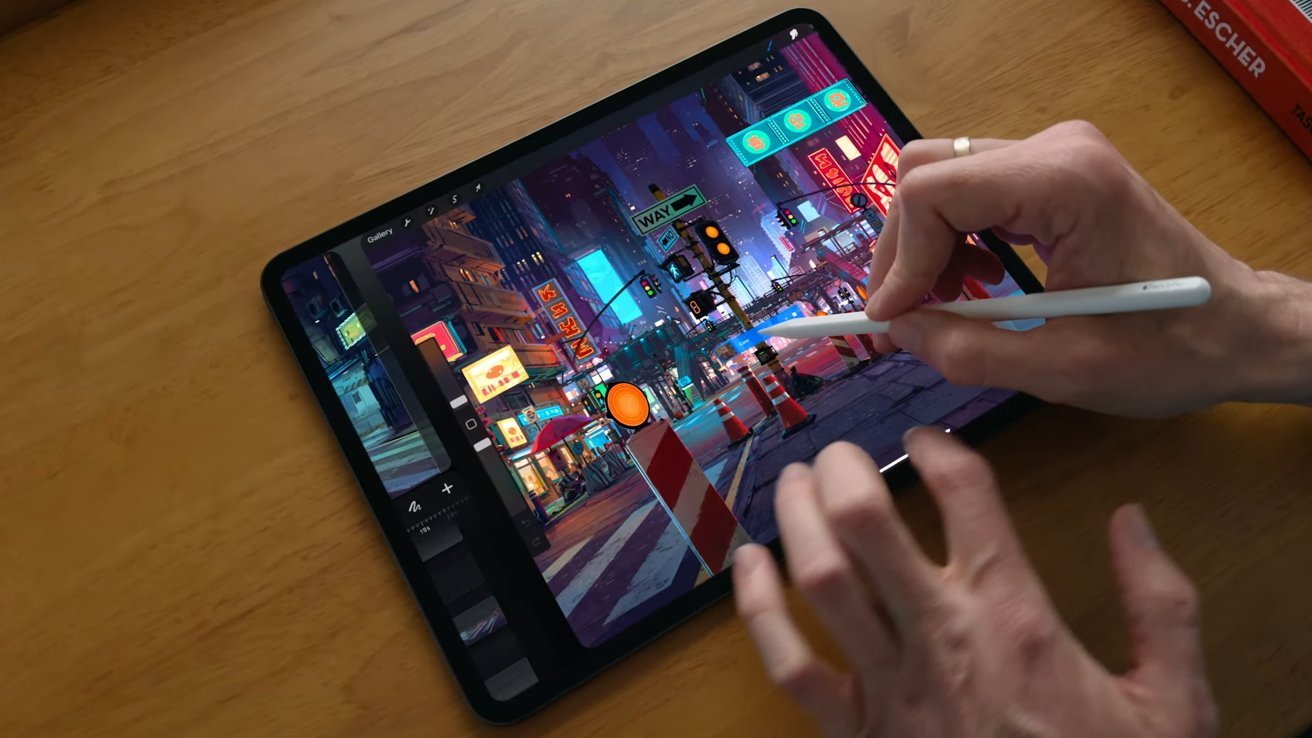
The iPad Pro was updated with M4 and Tandem OLED in 2024.
The base model iPad and the iPad mini could get chip updates at least, making them more powerful and able to offer Apple Intelligence features. However there are few rumors about the models and their potential features.
That said, it's been rumored that an OLED iPad mini may not arrive until well beyond 2024. You may end up waiting until 2026 for a new iPad mini.
The rumor mill has also repeatedly raised the prospect of a foldable iPad. Some rumors have also floated the idea of a launch by the end of 2024 or early 2025.
There have also been proposals of the folding iPad arriving by 2026.
Mac and MacBook
Apple's Mac-specific launches for 2024 have so far consisted of an update to the MacBook Air in March. That naturally means there's the prospect of lots of new Mac hardware on the horizon.
With iPad Pro now using M4, it also means there's a good chance of earlier than expected upgrades across the product catalog.
Apple last updated the Mac mini in January 2023 with the M2 and M2 Pro. This makes it a prime candidate for an upgrade toward the end of 2024.
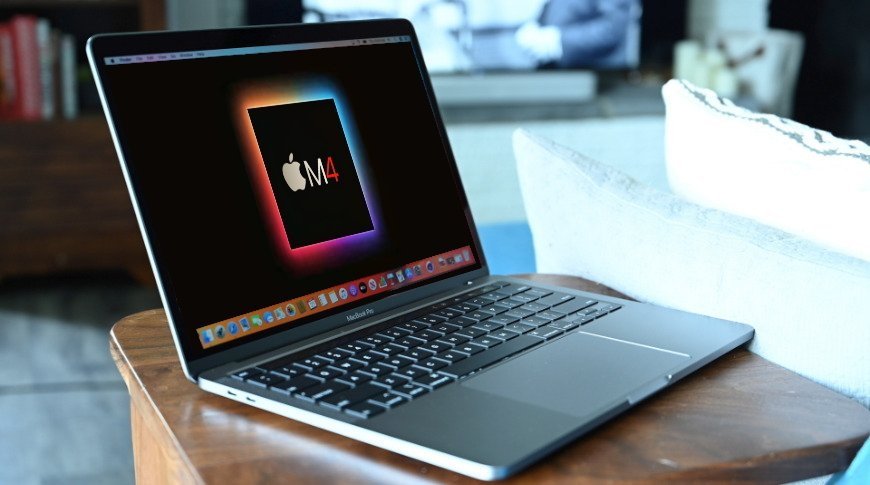
The MacBook Pro line stand a chance of an M4 update by the end of the year.
It's a somewhat similar story for the Mac Studio and Mac Pro, as they were given M2 Max and M2 Ultra chips in June 2023. However, speculation claims Apple will skip 2024 in favor of a 2025 update instead.
In November 2023, Apple updated the iMac with M3 as well as the MacBook Pro range. Given Apple updated the MacBook Pro 10 months after the shift to M2, a year's gap is entirely possible for the company.
However, according to Mark Gurman in April, the chance of MacBook Pro models with M4 by the end of 2024 is slim and could be pushed into early 2025 instead.
Apple Watch
The Apple Watch has enjoyed an update in the fall for the last eight years, often at the same time as the iPhone itself. This is a trend Apple is very likely to continue doing for some time.
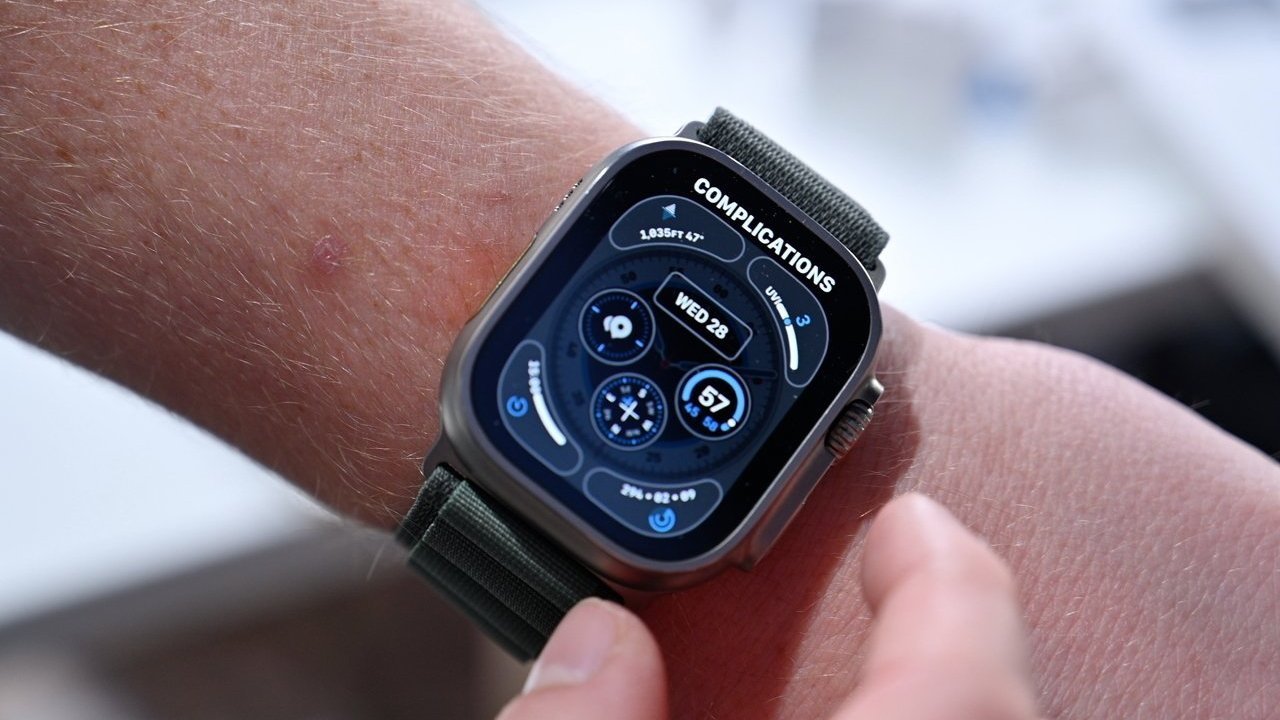
Apple Watch Ultra
For 2024, the Apple Watch Series 10 is expected to be more powerful, with a larger display and a thinner overall body.
There is also a chance of an update to the Apple Watch Ultra, though there are questions about whether it will arrive at all.
HomePod and AirPod
The HomePod and AirPod product families are oddities for Apple, since they don't necessarily warrant an all-out launch on their own. Instead, you would expect them to be tacked on with other launches.
This is especially true for AirPods, which can serve as accessories for the iPhone and can benefit from a simultaneous late-in-year update.
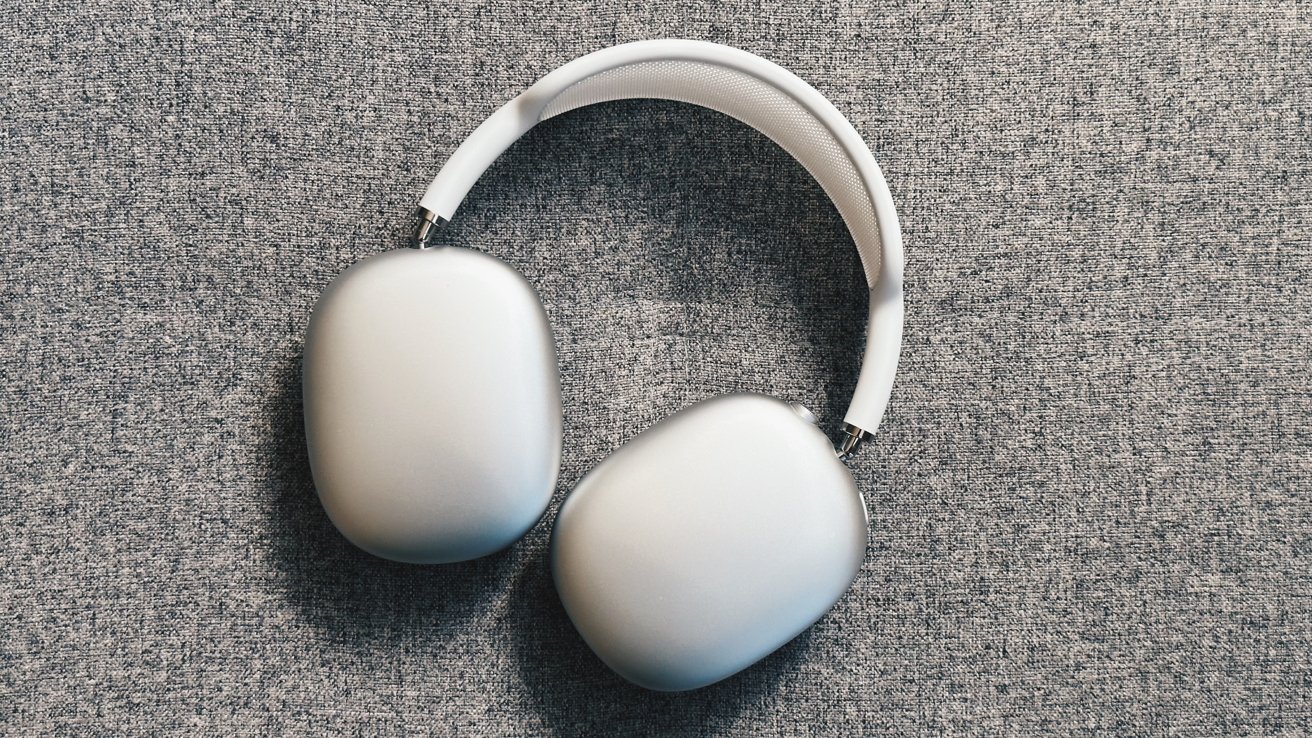
AirPods Max may finally get an update in 2024 if we're lucky.
Analysts have already put forward that updates to the AirPods and AirPods Max lines will happen late in 2024. This obviously lines up with Apple's usual fall updates.
Expected updates include improved fits for the entry-level and mid-tier AirPods, as well as the possibility of USB-C charging cases and Find My speakers. For AirPods Max, it's likely to include USB-C instead of a Lightning connection at a minimum.
For the HomePod and HomePod mini, there have been rumors of a display-enabled version, but a touchscreen-enabled version probably won't happen in 2024 itself.
The HomePod mini was launched in November 2020, making it close to four years without a considerable update. The first HomePod generation came out in February 2018, but after a 2021 discontinuation, a second-gen model appeared in February 2023.
We don't know if HomePod will get an update soon, but it's been a while since there was significant action for either model. Apple could surprise everyone with a fall update, but the lack of rumors about it speaks volumes.
Read on AppleInsider

Comments
Will Apple introduce A17 using 3nm for iPhone 16 and A18 Pro for iPhone 17? Both with 8 GB to support AI. And iPad 10th gen... it could be kept with iPhone 15 as the only USB-C devices not capable of AI or Apple could give it an 8 GB A17. And how will Apple solve the problem when moving from 12, 13, 14, SE, 15, 15 Pro to just 15, 16, 16 Pro. Apple won't be able to deliver on all price points needed in India or EU with only 3 lines. Introduce a 14c, dump the price of 15, add SE 4th gen, or a combination?
And will Apple finally give us a bit more memory and storage? I'm looking forward to H2!
Remember that HomePod like Apple TV mostly does nothing during media playback. So if you interact with your HomePod once or twice an hour, that's really a wasted resource.
My guess is that Apple will eventually try to run HomePod's AI computations on nearby hardware (like a Mac or maybe an iPad Pro) that's paired to the speaker. That would be a more efficient allocation of computing resources rather than sticking a high-specced Apple Silicon SoC and 6GB+ of RAM in a device that doesn't need it 99% of the time.
It's probably a similar situation with the Apple TV set-top box. We already have seen that Apple has balked at turning it into the a full fledged videogame console due to the large NAND storage requirements of today's AAA videogame titles (which are easily require 50-100GB or more in storage space). As a set-top video streamer, it doesn't need much more than a couple of gigabytes for the OS and a media content buffer.
Again AI would be handled by a local Mac.
At some point when the silicon is cheaper and the AI models are more efficient, it may make more sense to bring them locally to HomePod and Apple TV but my guess is we are 4-5 years away from that. Neither device is a big revenue driver at the moment, so clearly Apple has not made it a top priority. I think they will remain on the back burner for a while.
One thing we do know is that Apple will not eat the increased costs themselves and take a lower gross margin on HomePod and Apple TV.
HomePod compute will likely follow Apple Watch Ultra 3 SoC upgrade to build volume for the SoC. The mini may not benefit in the same way unless as previous commentators have mentioned that AI on HomePod can be more lightweight due to fewer use cases needed support.
Ideally Apple will want to do a platform play and invest to also kick Alexa in the teeth. The Echo Dots of this world would then be painfully obsolete. If Apple can do a software only upgrade of AI capability through some magic then they will win the internet. There is a slight chance they can make it happen as current Siri models have a larger proportion of on device processing.
As a minimum a software only upgrade of Siri will defer more back to the Private Cloud Compute again to lean in on larger models for the older HomePods and then a new series HomePod 3 will be fully on device. I would revert back to the extra latency again for proper fidelity Siri on older devices rather than the current issues.
Even the cheapest and oldest Dots are more than enough for listening to radio quality music, sports broadcasts, talk shows, podcasts, etc., especially while working in the garage or shed. I wouldn’t dare put an HomePod in my garage due to living in a fairly challenging 4-season climate with snow, rain, cold, high humidity, and dust always present, regardless of the much higher price and lower functionality of Apple’s smart speakers. Even older Echo Dot models have been updated to support Thread and Matter. How many older Apple devices are being backfitted with Thread and Matter support?
There’s no doubt that a 20-ton excavator would kick in the teeth of a hand shovel. But what’s the point? The Echo Dot and pretty much every current Echo device is way too low of a bar for Apple to aim for. Apple also needs to figure out how to monetize AI on some of these devices. Unlike Amazon, Apple has far more options available to take advantage of, like its customer centric ecosystem. Apple has clearly set its targets appropriately and is executing on a plan that is at least a decade in process.